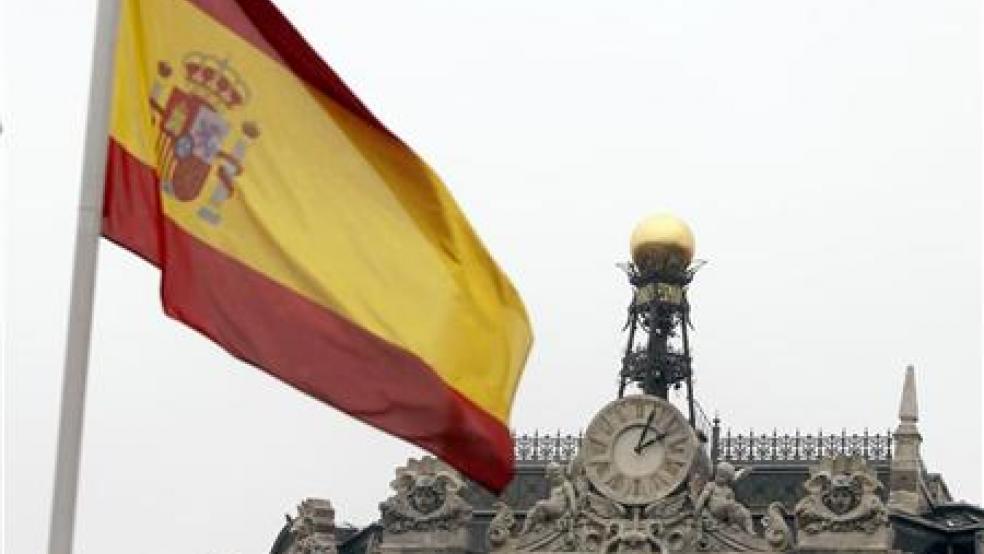In a battle over banking regulation at the end of the Clinton administration, former Republican Sen. Phil Gramm of Texas remarked on the importance of being willing to inflict pain when negotiations don’t go your way. “I don’t take hostages I’m not willing to shoot,” Gramm explained.
The point Gramm was making is that once you demonstrate that you don’t make idle threats, future negotiations are easier.
Related: Wall Street Knows Greek Debt Drama Is Far from Over
The treatment of Greece by its European creditors may have had a similar effect.
In Spain, which is even more indebted than Greece, the leftist Podemos Party has been gaining influence, in part by making promises in line with those made by Greece’s Syriza Party. In May, Pablo Iglesias, the leader of Podemos, demanded that Spain’s debt be restructured and that debt payments be tied to economic growth.
“For Spain to be able to meet its international obligations, we have to link debt payments to economic growth and expansive job creation policies,” he said. A similar argument had been made by former Greek finance minister Yanis Varoufakis, who so aggravated his European counterparts that he was eventually replaced.
The reaction of Podemos to the punishing deal to enable another Greek bailout was telling. After battling to the bitter end, Syriza was forced to accept a humiliating offer from its creditors. In a deal primarily driven by Germany and other northern European countries, Greeks face pension cuts, huge tax increases, reduced services, and the forced sale of $50 billion worth of the country’s physical assets.
Related: 5 Surprising Facts About the Greek Economy
In Madrid on Tuesday, it was as though the Eurogroup, fresh from dealing with Greece, had turned to Spain with smoking gun in hand and asked, “What were you saying?”
The answer from Podemos’ top economic policy officer, Nacho Alvarez, was essentially, “Who, me? Nothing. Nothing at all.”
Speaking to reporters, Alvarez said that debt restructuring wasn’t really necessary after all. “Spain, he said, “is not Greece.”
Or so he must fervently hope.
“Greece and Spain are different economies in very different situations which demand different economic strategies,” Alvarez said at a press conference.
Related: Why Greece Can’t Grow Its Way Out of This Mess
He added, “Podemos and Syriza have different economic approaches” and said that he is confident the country’s current programs to stimulate economic growth will allow it to manage its debts.
Whether Podemos has detected a significant shift in the country’s economic future over the last two months or has had a change of heart more related to the Eurogroup’s treatment of Greece is up for debate.
However, if part of the aim of Greece’s creditors was to punish Syriza pour encourager les autres, there seems to be little room for debate at all. It worked. In the near term, at least, it worked.





